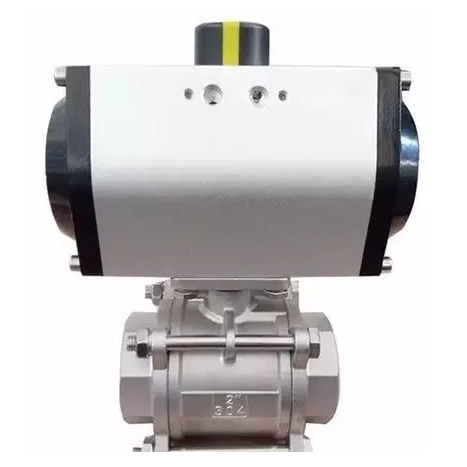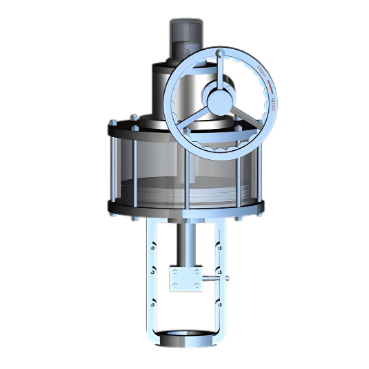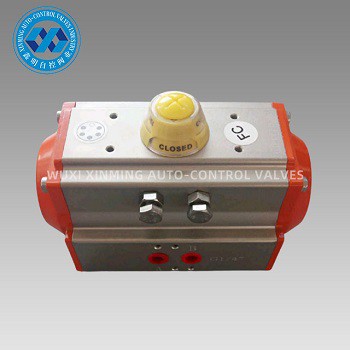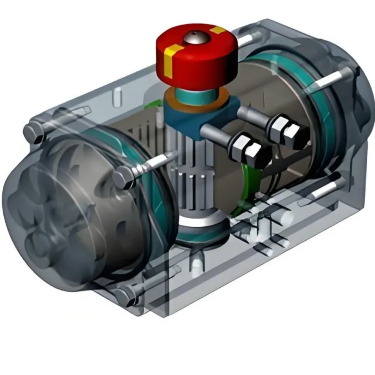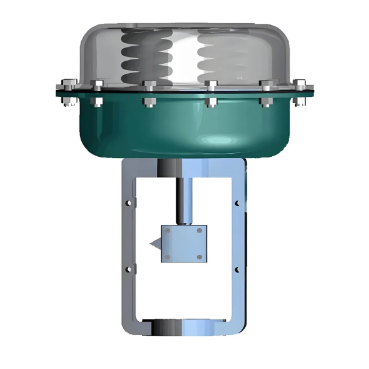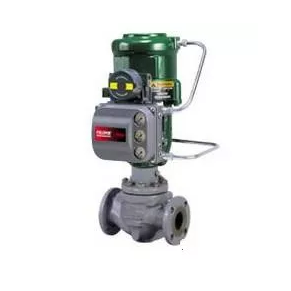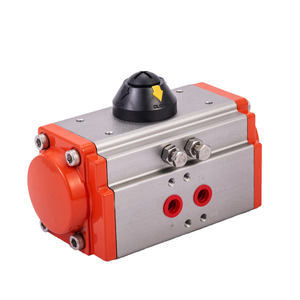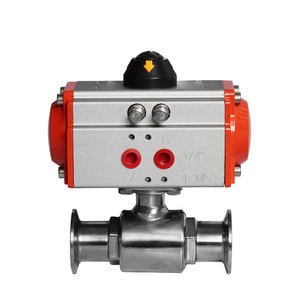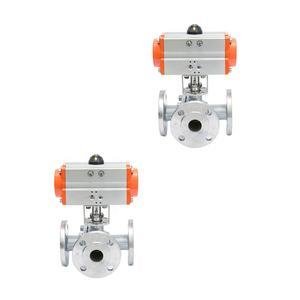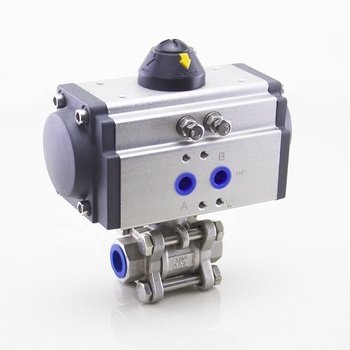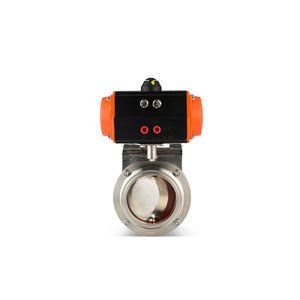Proper installation is a linchpin for the
optimal performance of pneumatic air actuators. Incorrect installation can lead
to a cascade of issues that undermine their functionality and longevity.
First, the physical mounting of the
actuator is critical. It must be firmly and accurately attached to the
designated structure or equipment. If the mounting is loose, the actuator may
vibrate during operation, causing premature wear of components, reduced
precision in movement, and potentially leading to system failures. Moreover,
misalignment during mounting can force the actuator to operate under abnormal
stress, affecting its mechanical integrity over time.
The connection of air supply lines also
demands attention. Leaky connections can result in a loss of compressed air
pressure, weakening the actuator's force output and slowing down response
times. High - quality fittings and proper tightening techniques are essential
to ensure airtight connections. Additionally, the diameter and length of the
air supply lines should be selected appropriately to avoid pressure drops that
could impede the actuator's performance.
Finally, electrical connections, if
applicable, for control systems and sensors need to be correctly installed.
Faulty wiring can disrupt signal transmission, preventing the actuator from
receiving proper commands or feedback, which is vital for accurate operation.
In summary, meticulous installation is not just a preliminary step but a
fundamental requirement for pneumatic air actuators to deliver consistent and
reliable performance.
If you want to learn more about low-priced products, please visit the following website: www.xm-valveactuator.com


